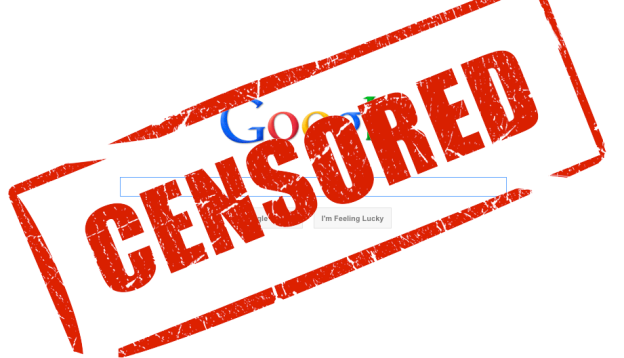
Update: Mike Masnic at TechDirt reports that the next Judiciary Committee markup has been set for this coming Wednesday, December 21.
In a victory for opponents of the ‘Stop Online Piracy Act’ (SOPA), the House Judiciary Committee decided today to delay a vote on the highly controversial bill until the “earliest practical day that Congress is in session.” The decision could push the vote to next week, or as far as next year, after Congress returns from its holiday break. Either way, opponents now have more time to fight the legislation, which many say will usher in unprecedented censorship on the Internet and stifle innovation.
At the request of SOPA opponents on the Committee, Rep. Lamar Smith (R-TX), the chief sponsor of SOPA and the Committee’s chairman, agreed to delay a vote on the bill until experts could be brought in to explain the technical ramifications of altering the domain-name system (DNS) as a way to fight online piracy.
As written, SOPA would require Internet service providers (ISPs) to block access to sites that have been accused by copyright holders of facilitating the spread of pirated material, at the behest of the Attorney General. DNS providers, servers, payment processors and advertisers would be required to stop doing business with accused sites. Search engines, like Google, would be ordered by the Justice Department to completely remove accused sites from their system.
Supporters of the SOPA argue that the bill only targets “foreign rogue sites,” which cannot be sued under current US copyright law. Law-abiding sites in the United States, they say, are at no risk.
“The bill defines rogue sites as foreign websites primarily dedicated to the sale and distribution of illegal or infringing material or foreign websites that market themselves as websites primarily dedicated to illegal or infringing activity,” said Rep. Smith in response to a letter from Google, Twitter, eBay and a number of Internet titans who oppose SOPA. “Lawful companies and websites like Google, Twitter, Yahoo and Facebook have nothing to worry about under this bill.”
Rep. Smith’s interpretation goes against a rapidly growing number of experts who say SOPA’s detrimental effects will reach far and wide, and will absolutely affect a large number of websites in the United States, including sites and services like Tumblr, Twitter, Reddit, eBay and Google, to name only a few.
Yesterday, 83 high-profile investors and engineers — many of whom played key roles in the creation of the Internet — signed a letter that explains that the enactment of SOPA will not only “create an environment of tremendous fear and uncertainty for technological innovation, and seriously harm the credibility of the United States in its role as a steward of key Internet infrastructure,” but will also fragment the DNS, making the entire Internet less secure. At the same time, it would “engender censorship that will simultaneously be circumvented by deliberate infringers while hampering innocent parties’ right and ability to communicate and express themselves online.”
In other words: SOPA, they say, will make online censorship rampant, and make it more dangerous for technology companies to operate. It will jeopardize the integrity of the Internet, all the while doing nothing to stop online piracy, since these sites could still be accessed through their IP address.
During the two markup hearings, about 20 amendments to SOPA were proposed to address the concerns of opponents of the bill. None passed. When the Committee resumes its markup hearings on SOPA, it will have around 30 additional amendments to consider before the bill can go up for a full vote before the House.


